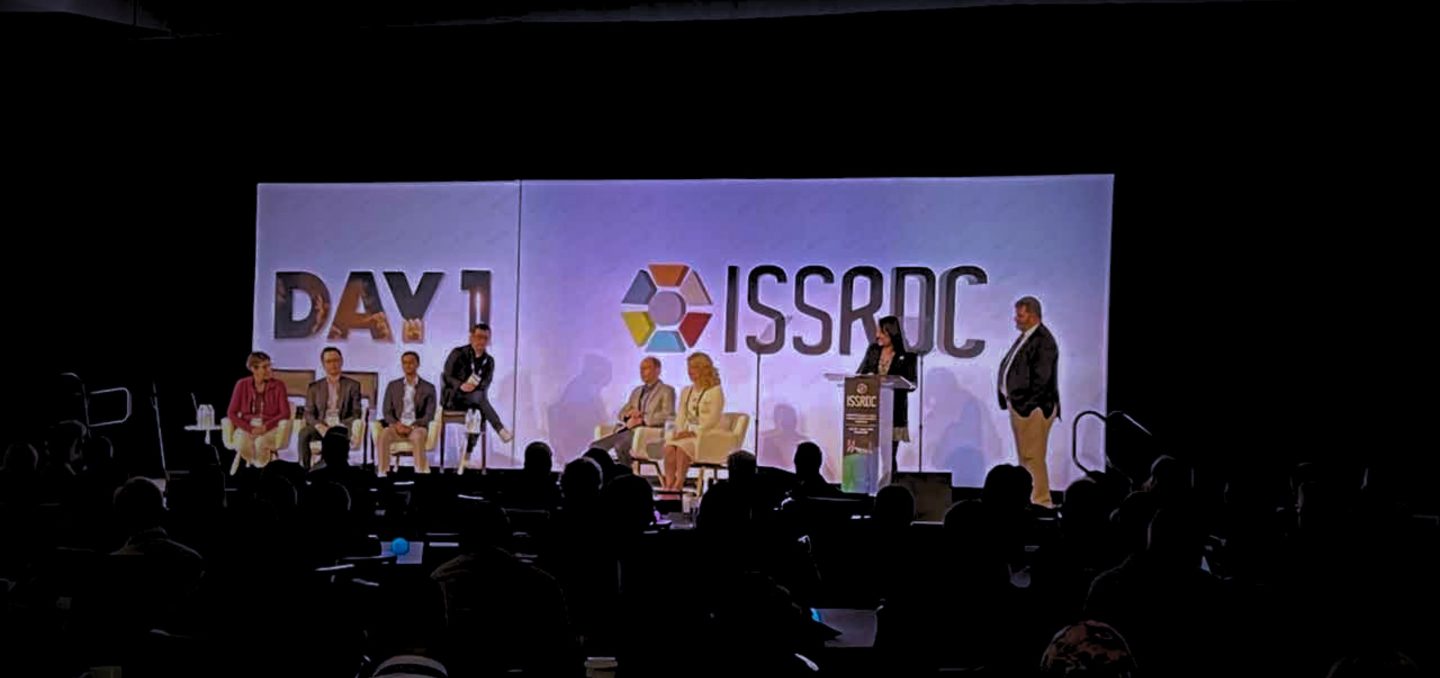During the annual ISS Research and Development Conference (ISSRDC) in Boston, the International Space Station (ISS) National Laboratory, in collaboration with NASA’s Biological and Physical Sciences (BPS) division, announced the selection of five pioneering projects aimed at advancing cancer research through space-based experiments.
The selected projects are part of the inaugural Igniting Innovation solicitation, which will provide over $7 million in funding. These projects will leverage the unique microgravity environment of the ISS to develop new cancer treatments and technologies, potentially benefiting millions of patients on Earth.
Key Projects and Researchers:
- Mari Anne Snow (Eascra Biotech) and Yupeng Chen (University of Connecticut): This project focuses on producing cancer therapeutics using Janus base nanomaterials (JBNs) in space. These nanomaterials are designed to target drug delivery to solid tumors, potentially improving treatment efficacy and reducing side effects.
- Arun Sharma (Cedars-Sinai Medical Center): Sharma’s team will investigate the effects of microgravity on cancer stem cells, aiming to understand how space conditions can influence cancer progression and treatment resistance.
- Cassian Yee (Fred Hutchinson Cancer Research Center): Yee’s project will explore the potential of space-based immunotherapy, studying how microgravity affects the immune system’s ability to fight cancer.
- Shay Soker (Wake Forest Institute for Regenerative Medicine): Soker’s research will focus on tissue engineering in space, aiming to develop 3D cancer models that can better mimic human tumors for drug testing.
- Catriona Jamieson (University of California, San Diego): Jamieson’s team will study the impact of space radiation on cancer cells, seeking to understand how space conditions can be used to develop new radiation therapies.
Ray Lugo, CEO of the Center for the Advancement of Science in Space™ (CASIS™), emphasized the importance of these projects: “The space station has been a catalyst for biomedical research with profound impacts on patient care on Earth. Through this inaugural Igniting Innovation research announcement, we are targeting cancer through space-based research, pushing the boundaries of innovation to develop more effective therapeutics.”
These projects align with the Biden-Harris administration’s Cancer Moonshot initiative, which aims to reduce cancer deaths and improve the lives of cancer patients and survivors.



